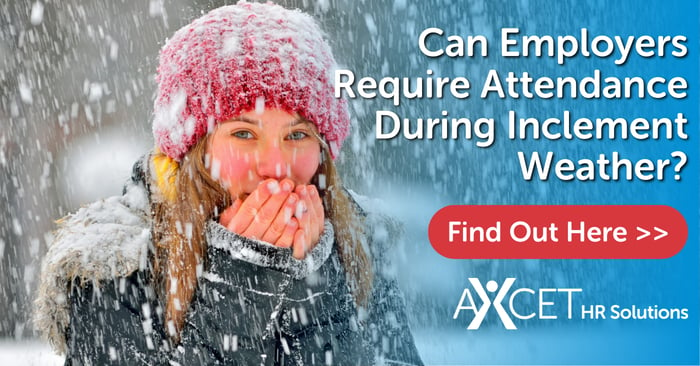By
Steve Donovan
on
Jan
22,
2026
4 min read
0 comment(s)

While employees can slip and fall at any time of year, the risk rises significantly during winter months due to freezing temperatures, snow, and ice. According to the Centers for Disease Control and Prevention, approximately 1 million Americans are injured each year from slips and falls on snow or ice, with an estimated 17,000 fatalities annually.
These statistics highlight why winter workplace safety deserves special attention. For employers, understanding how workers’ compensation applies to slip-and-fall injuries—especially those occurring in workplace parking lots—is essential.
Workers’ compensation laws vary by state, and coverage often hinges on how the “coming and going” rule is interpreted. In general, an injury may be compensable if it is work-related and occurs in the course and scope of employment.
Because these determinations are highly fact-specific, employers should evaluate each incident in collaboration with their workers’ compensation carrier.
To understand whether a parking lot slip-and-fall injury may be covered, it’s important to start with how workers’ compensation defines a work-related injury—and then examine the factors that influence eligibility.
An injury is typically considered work-related if it arises out of and occurs in the course of employment. Whether the employee has clocked in or out is not always determinative.
If the employee is performing an activity that benefits the employer, the injury may still be covered.
Examples include:
After-hours team-building events
Client dinners or business-related gatherings
While this definition establishes the foundation for coverage, not every injury that occurs while traveling to or from work qualifies as work-related. That’s where the “coming and going” rule becomes critical.
RELATED: Working in Extreme Cold Conditions - How to Prevent Hypothermia >>
The “coming and going” rule generally excludes injuries that occur while an employee is commuting to or from work. However, there are important exceptions, including injuries that occur:
Once an employee reaches the employer’s premises, the "coming and going" rule no longer applies. This is where parking lot incidents come into play.
Coverage frequently depends on who owns or controls the parking lot.
If the parking lot is owned or controlled by the employer, slip-and-fall injuries are often covered by workers’ compensation—even if the incident occurs during a normal commute, lunch break, or rest period.
If the parking lot is owned by a third party, coverage becomes more complex. In these situations, employers should consult their workers’ compensation carrier to determine whether the injury qualifies as a compensable claim.
Responsibility for snow and ice removal depends on whether the employer owns or leases the property.
When the employer owns the building or property, they are typically responsible for ensuring that sidewalks, parking lots and other common areas are cleared and maintained. Neglecting this duty could result in liability if an employee or visitor is injured.
If the employer leases the space, the responsibility may fall on the property owner or landlord, as outlined in the lease agreement. Employers should carefully review their lease to understand their obligations.
Some leases stipulate that tenants share responsibility for maintenance, including snow and ice removal, while others place this duty solely on the landlord.
Regardless of ownership, employers should:
Communicate with property managers or landlords to ensure snow removal is handled promptly.
Perform regular inspections of sidewalks and parking lots to identify hazardous conditions.
Document all snow and ice removal activities, including dates and times, to show due diligence.
RELATED: Inclement Weather Policy - Can Employers Require Attendance During Inclement Weather? >>
Proactive prevention is one of the most effective ways to reduce workplace injuries during colder months. Best practices include:
Ensure all parking areas and pathways are regularly cleared of snow and treated with salt or sand to prevent ice buildup.
Use visible signage to alert employees to slippery areas or ongoing maintenance.
Encourage employees to wear slip-resistant footwear during winter months.
Educate employees on how to navigate icy conditions safely. Learn more about workplace safety strategies >>
RELATED: Inclement Weather Pay - A Payroll Compliance Guide for Snow Days >>
Winter hazards present unique challenges, but you don’t have to navigate them alone. Axcet HR Solutions is here to support your business with comprehensive health and safety services.
Our team of certified health and safety experts works closely with you to develop strategies that protect your employees and reduce liability. From training programs to compliance assistance, we help you mitigate risks and create a safer workplace.
Let Axcet HR Solutions guide your business through the complexities of workers’ compensation and winter safety. Together, we can ensure your employees stay safe and your business remains protected. Schedule a consultation today >>
Let us know what you think...